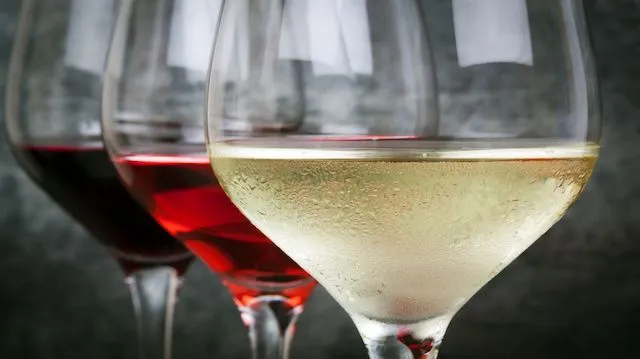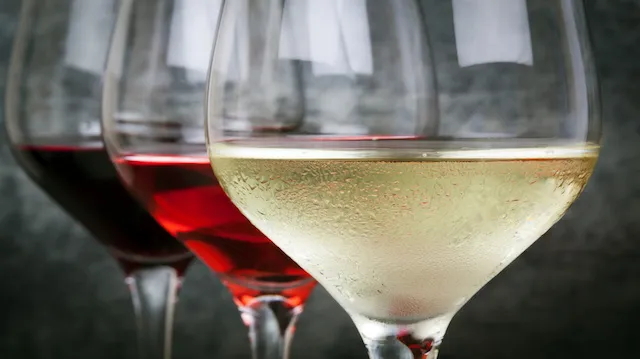
- Share on Facebook48
- Share on Pinterest
- Share on Twitter
Climate change has been linked to a multitude of environmental dangers, including melting glaciers, warming ocean waters, floods, risks to marine life, and more. However, there are other side effects of this worldwide phenomenon that are less serious, but nonetheless troubling.
One of these is the impact of climate change on wine production.
The climate in which grapes are grown affects their flavor. This is one reason why wines from certain regions have a distinct flavor that is impossible to reproduce anywhere else. When climate conditions are favorable, the best grapes can be grown. When a climate is not so conducive to viticulture, the quality of the resulting wines can be significantly affected.
The researchers involved in a new study, recently published in the journal Nature Climate Change, analyzed wines and climate records from a variety of regions in France, including Burgundy and the Loire Valley, as well as wine-producing regions in Switzerland, to ascertain the effects of climate change on vineyards.
The authors of the study wrote:
“Our results suggest that climate change has fundamentally altered the climatic drivers of early wine grape harvests in France, with possible ramifications for viticulture management and wine quality.”
In a nutshell, the researchers found that while climate change has made for some high-quality wines in recent years and the present, if it continues, wine quality may go downhill from here.
Co-author Elizabeth Wolkovich explained:
“Especially since 1980, when we see a major turning point for temperatures in the northern hemisphere, we see harvest dates across France getting earlier and earlier… You want to harvest when the grapes are perfectly ripe, when they’ve had enough time to accumulate just the right balance between acid and sugar.”
Wolkovich continued:
“For much of France, there have been times when it’s difficult to get the exact harvest date growers want because the climate wasn’t warm enough that year… but climate change means the grapes are maturing faster.”
While this is good for current wines, the future is looking a bit grim. On this matter, Wolkovich asserted:
 “The bad news is that if we keep warming the globe we will reach a tipping point. The trend, in general, is that earlier harvests lead to higher-quality wine, but you can connect the dots here… we have several data points that tell us there is a threshold we will probably cross in the future where higher temperatures will not produce higher quality.”
“The bad news is that if we keep warming the globe we will reach a tipping point. The trend, in general, is that earlier harvests lead to higher-quality wine, but you can connect the dots here… we have several data points that tell us there is a threshold we will probably cross in the future where higher temperatures will not produce higher quality.”
It is impossible to say for certain when climate change will start becoming a problem for wine. However, we do know that global temperatures have been steadily rising — and breaking global temperature records — so the prospect of this happening in the near future is not out of bounds.
To compensate for the weather conditions, wine growers may have to start growing different types of grapes, or move their vineyards to regions better suited to growing grapes. A large amount of time, money, and effort may have to be invested in this.
Of course, a lower quality of wine is just a small issue compared to the frightening potential ramifications that climate changes poses to our planet. We, as citizens of the Earth, need to act now to reduce our carbon emissions and embrace a greener way of life if we do not want to see things get worse.
—Tanya Rakhmilevich
Tanya is a writer at The Alternative Daily with a passion for meditation, music, poetry, and overall creative and active living. She has a special interest in exploring traditional Eastern remedies and superfoods from around the globe, and enjoys spending time immersed in nature.
Sources:
http://www.nature.com/nclimate/journal/vaop/ncurrent/full/nclimate2960.html
http://phys.org/news/2016-03-climate-drought-patterns-wine-growers.html
http://www.iflscience.com/environment/climate-change-has-been-making-wine-taste-better-not-any-more
- Share on Facebook48
- Share on Pinterest
- Share on Twitter

